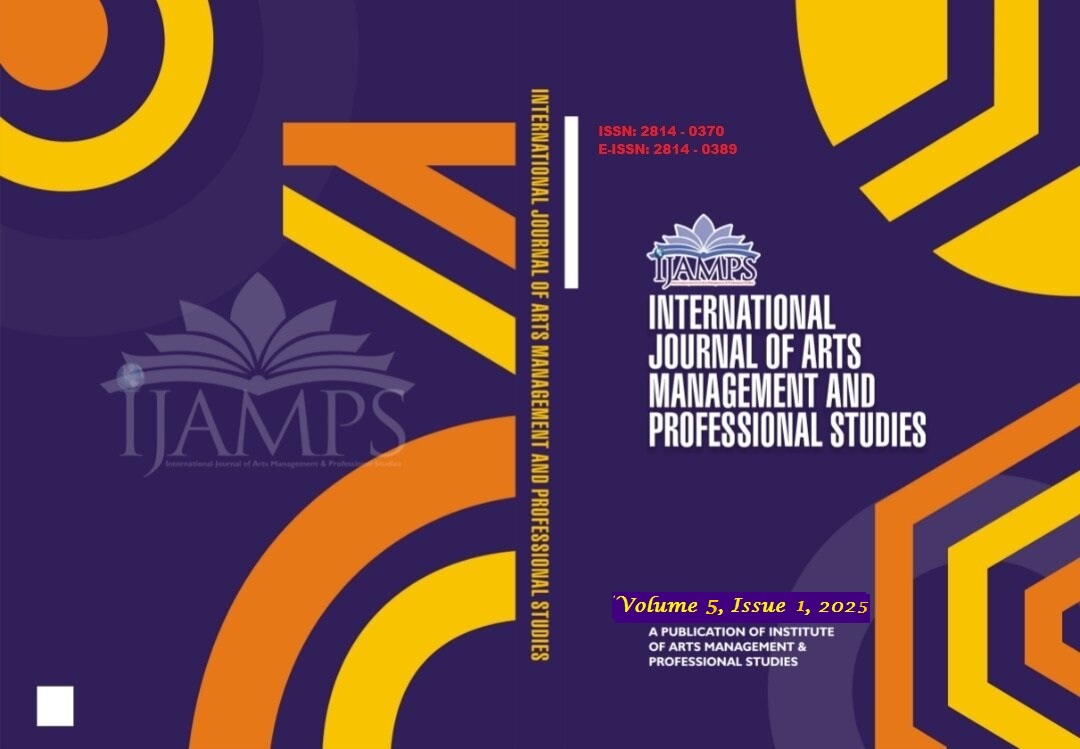
Impact Of Foreign Direct Investment On Economic Growth In Nigeria 2000 - 2023
Dr Emmanuel Chika Obizue FMIMPS, FIAPS Department Of Banking And Finance, Faculty Of Management Sciences, Imo State University Owerri, Imo State +2348068099918, +2347031976469 Dremmanuelobizue@gmail.com And Gladday Igwagbara PhD, FCA Department Of
Volume 5, Issue 1, March 2025
The quest for sustainable economic growth has made most emerging economies to keep seeking Foreign Direct Investment (FDI) as one of the catalysts that will help them achieve this goal. This study is an ex-post facto research design and it examined the impact of Foreign Direct Investment on economic growth in Nigeria between 2000 and 2023. Economic growth which is the dependent variable was proxied by Gross Domestic Product per Capita Growth (GDPCG) while FDI was proxied by FDI, Nominal Exchange Rate (NEXR), and Interest rate (INTR) as the independent variables. The data for these variables were extracted from different sources including the Central Bank of Nigeria (CBN) Statistical Bulletin, National Bureau of Statistics and World Bank Data Bank. Some econometric techniques like descriptive statistics, ADF unit root test and the Autoregressive Distributive Lag (ADRL) bounds test were used to estimate the relationship among the variables in the study and the result revealed that FDI has a significant impact in determining the trend of economic growth in Nigeria hence the study concluded that FDI variables used in this study are profound predictors of economic growth in developing countries including Nigeria. The major recommendation is that the government should keep formulating policies that will encourage cross-border transactions and investment as this will help in sustaining the growth of Nigeria’s economy.